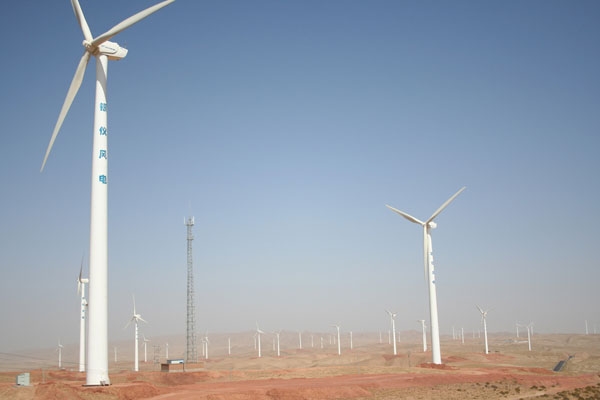Asian Countries Must 'Act Decisively' Before Climate-Related Disasters

This week, we asked our Sustainability Roundtable to discuss the recently released report by the National Oceanic and Atmospheric Administration (NOAA) in which it is suggested that increased incidences of extreme weather have largely been due to global warming.
Are developing and developed Asian countries doing enough to prepare for a future characterized by increasingly volatile weather patterns? How can attention and investment be better allocated between disaster relief and climate change mitigation? What, if anything, can governments throughout the region do to mitigate the impact of these changes?
Ravi Narayanan is Vice Chair of the Asia Pacific Water Forum, International Mentor to the Japan Water Forum, and Chair of the International Steering Committee of the Water Integrity Network. He was a member of the Advisory Group for the Asia Society's Leadership Group on Water Security in Asia.
Of all the regions of the world, Asia is without doubt the one that is most affected by climate-related disasters in terms of loss of life and massive damage to crops and property. And whatever may be the negotiating position of countries in the region on issues of cuts to greenhouse emission, there is a widespread recognition of the havoc that climatic changes can cause in countries with population concentrations vulnerable to floods and threats to food security caused by variations in rainfall patterns.
There seems to be an acceptance of the inevitability of these events. And while the larger countries of the the region, China and India in particular, are investing in non-conventional forms of energy to reduce the reliance on fossil fuels, this will, at least in the medium term, be a supplementary supply.
The real challenge then is in disaster preparedness, and the picture here is a mixed one. Some countries, like Japan, are highly organized, with disaster response strategies in place; others, like Pakistan, struggle. What will the future hold? Will it be different? Will countries in Asia be better prepared to face the consequences of climate change?
Possibly, but only if they drastically improve the ability of the lowest tiers of their administrations to act quickly, decisively and with confidence.
